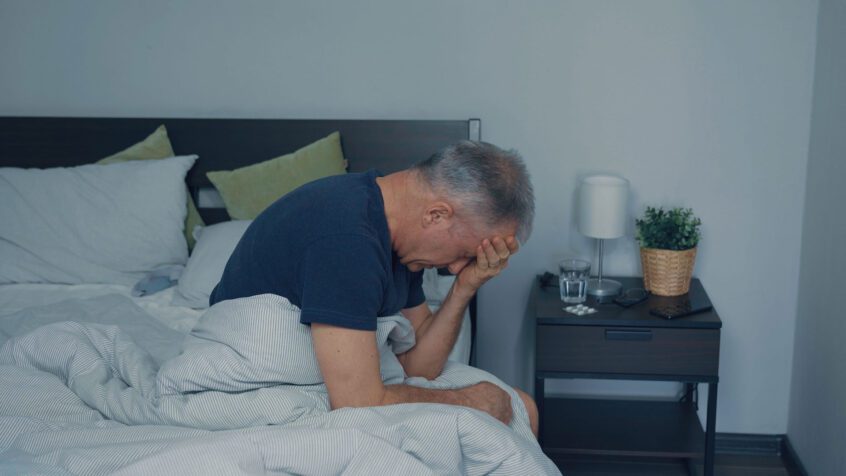You know that hearing aids can help you hear better. But did you know a new study has found a lower risk of death in those with hearing loss who regularly wear their hearing aids? Read on to learn more about this new scientific study and the many benefits of hearing aids. Research continues to point to the many benefits … Read More
New Study Shows Hearing Loss May Increase Risk for Adverse Health Events
Hearing loss does more than affect your ability to communicate well with friends and family. Its potential impact on health has been demonstrated in a new study from Canadian researchers showing that two or more medical conditions often accompany hearing loss. This significantly increases the risk for hospitalization, placement in a long-term care facility, emergency room visits, adverse drug events … Read More
New Research Indicates Hearing Loss Can Increase Fatigue in People Over 40
Audiologists often see patients who say that struggling to hear on a daily basis literally wears them out. Now a new study recently published in JAMA Otolaryngology-Head and Neck Surgery, suggests people with hearing loss aren’t just imagining it. They are nearly twice as likely to experience daily fatigue compared to those with normal hearing, even after adjusting for demographics, … Read More
10 Signs of Hearing Loss You Shouldn’t Ignore
Hearing loss can happen suddenly, in one ear or both. But in most cases, it’s just the opposite. Hearing loss is so gradual that many people don’t notice it until it’s reached the point where it’s tough to ignore. In fact, statistics show the average person waits seven years before seeking help with hearing loss, but treatment can be more … Read More
Measuring the Impact of Hearing Loss on Life
How do you measure the impact of hearing loss on life? According to the National Institute of Occupational Safety and Health (NIOSH), one way is to calculate disability-adjusted life years (DALYs). These are the number of healthy years lost due to a disease or other health condition. For a condition like hearing loss, it doesn’t mean that a person dies … Read More
Three Ways Hearing Loss Impacts Your Daily Life
The effects of hearing loss Your hearing plays a major role in everything you do: your job, your personal life, and even your physical health and safety. Many people assume that “a little hearing loss” isn’t a problem, or that they can simply “get by” by asking people to repeat themselves or being unable to hear in daily situations. Unfortunately, … Read More
Challenging Listening Environments
If you have a hearing loss, you likely have more difficulty understanding speech in challenging listening environments, like noisy restaurants or at parties, even when you are wearing your hearing aids. There often are three main barriers to improved understanding for anyone with a hearing loss: Distance from the signal of interest (speech, music, etc.) … Read More
Is There a Connection Between Hearing Loss, Cognitive Decline and Hearing Aids?
According to the Hearing Loss Association of America, hearing loss affects 48 million Americans today. If current trends continue, the number of individuals with age-related hearing loss worldwide will swell to 580 million by 2050. Also by 2050, the number of adults with dementia is expected to grow to 131.5 million worldwide, a substantial public health challenge. A number of … Read More
Common effects of hearing loss on daily life
Your hearing plays a major role in everything you do: your job, your personal life, and even your physical health and safety. Many people assume that some hearing loss isn’t a problem, or that they can simply “get by” asking people to repeat themselves or being unable to hear in daily situations.










